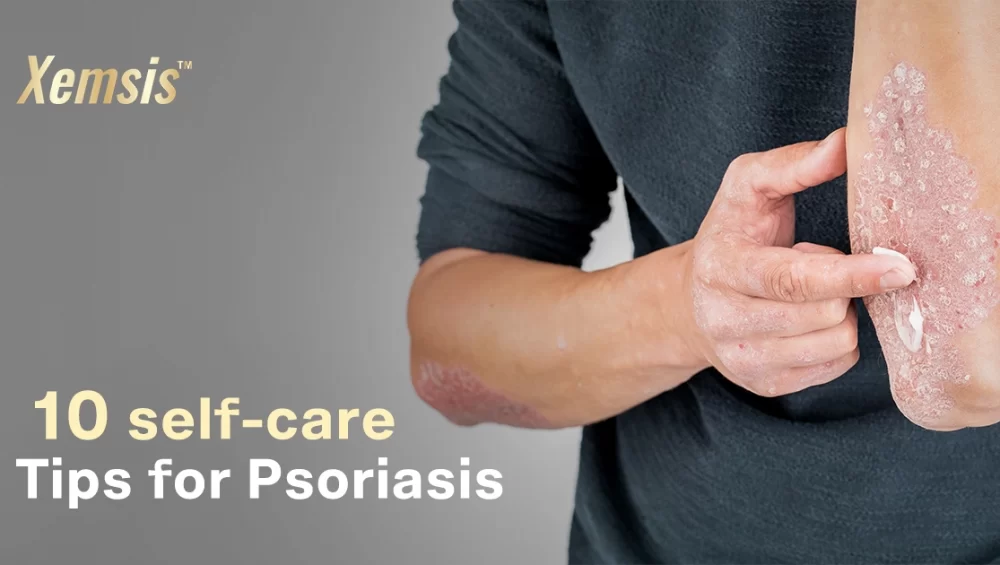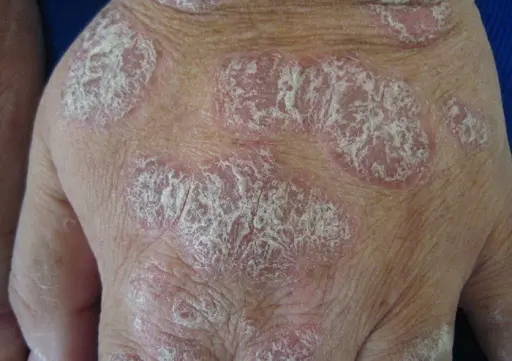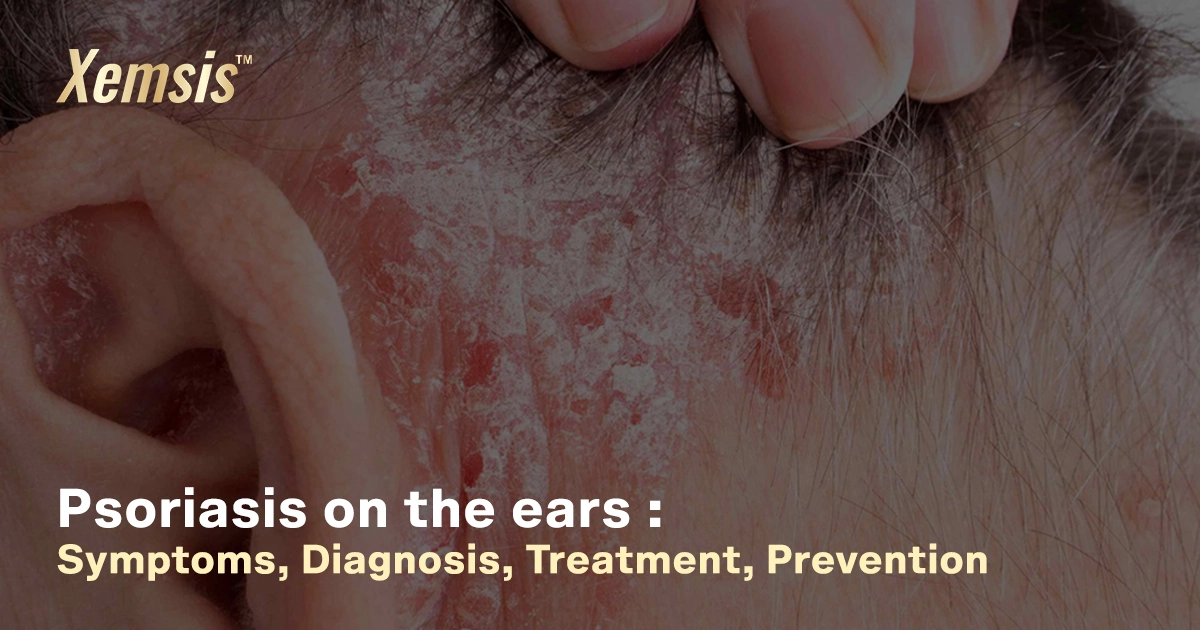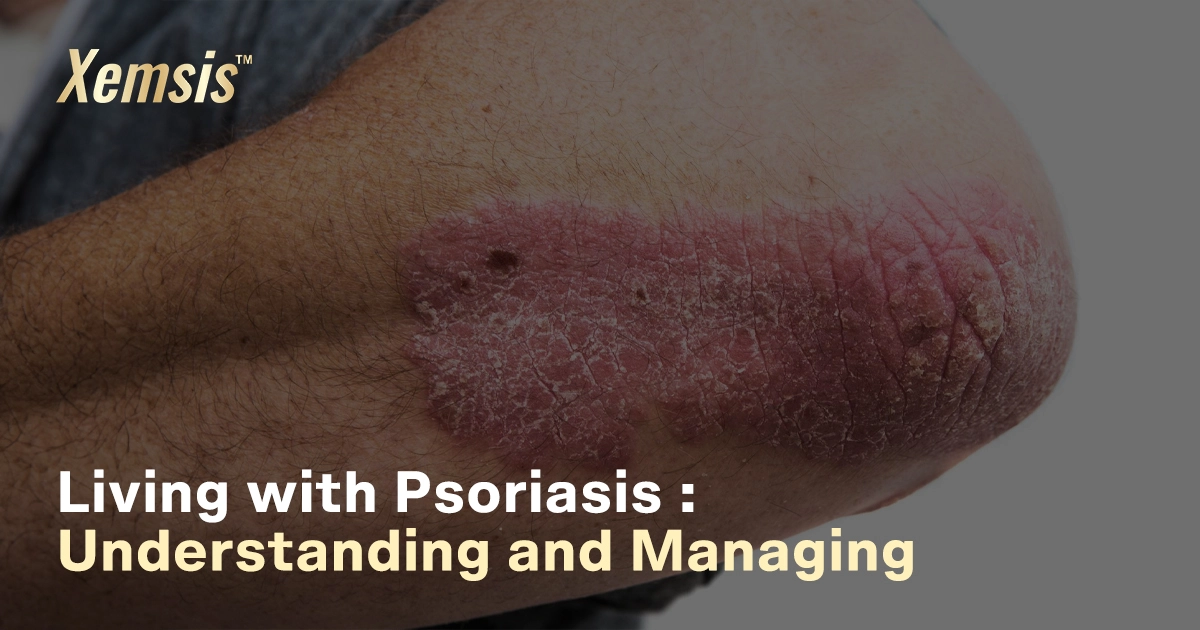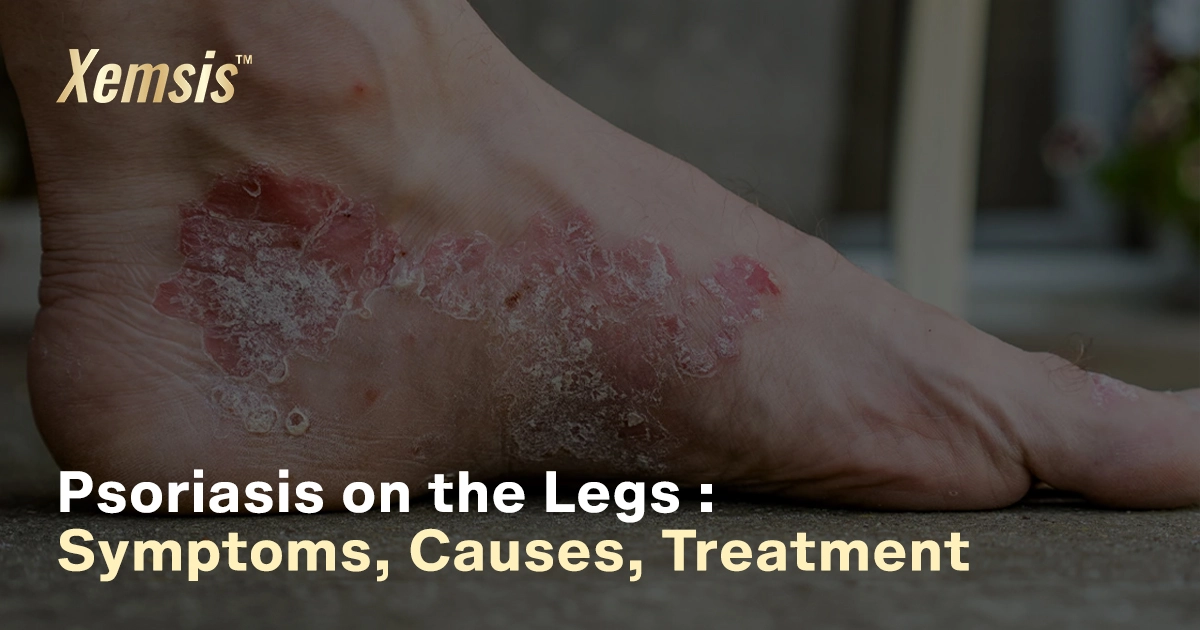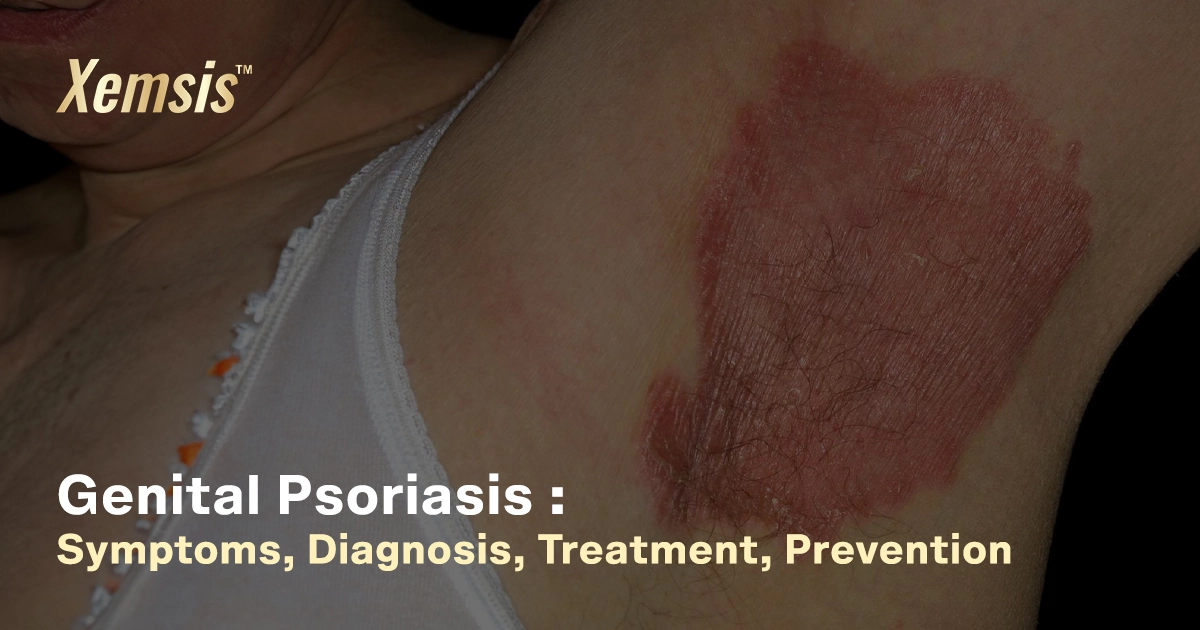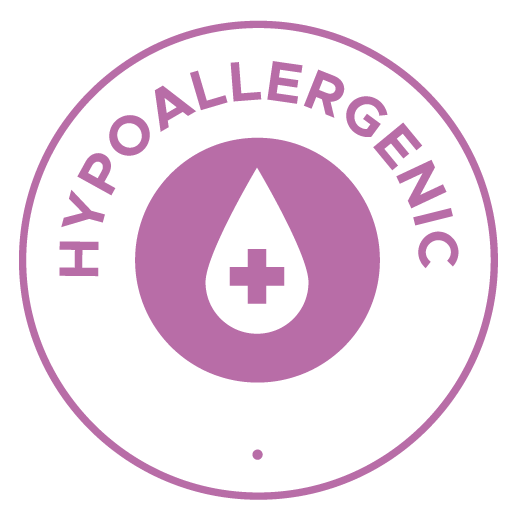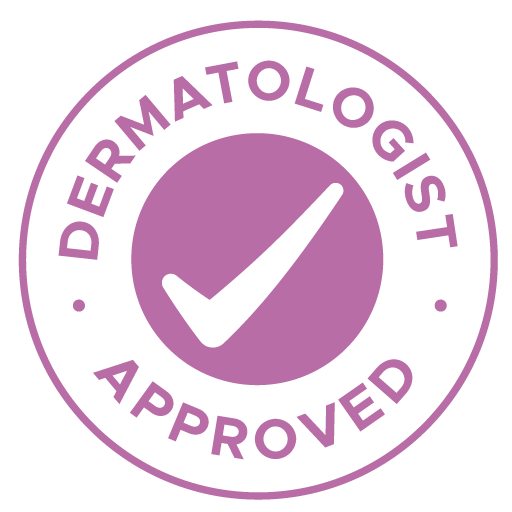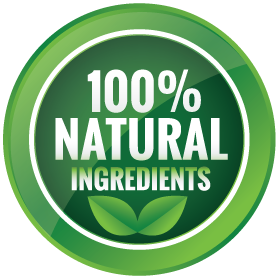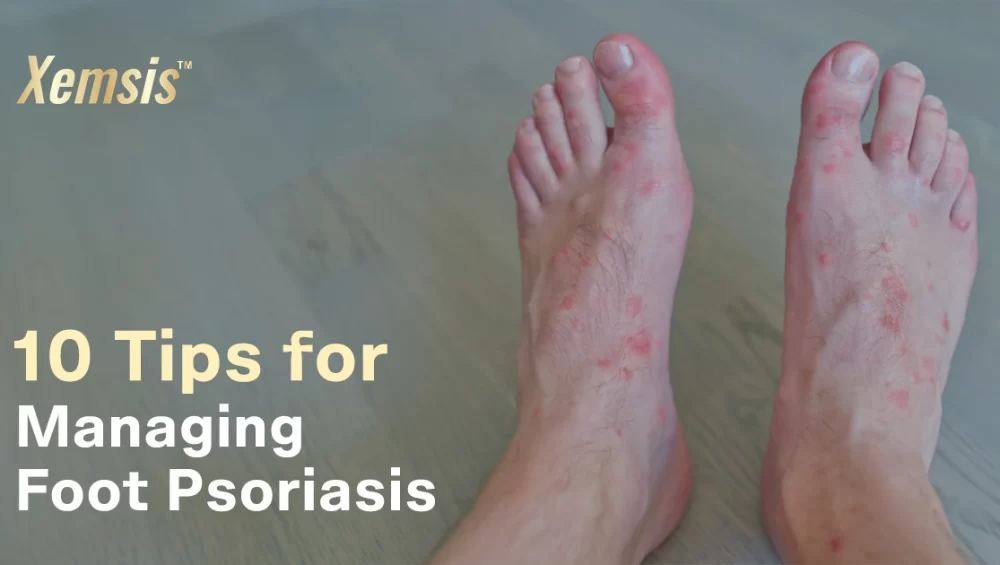 CategoriesPsoriasis Treatment
CategoriesPsoriasis Treatment10 Tips for Managing Foot Psoriasis(Palmoplantar)
Living with foot psoriasis can be challenging, but with the right strategies and self-care practices, you can effectively manage the condition and improve your quality of life. When it affects the foot, psoriasis, a chronic autoimmune condition, can be uncomfortable and inconvenient. It appears as red, scaly patches on the skin.
1. Maintain Clean and Dry Feet
Maintaining good hygiene is essential for treating foot psoriasis. Begin by using lukewarm water and a mild soap to wash your feet every day. After that, thoroughly dry your feet, being sure to get into the crevices between your toes. Make sure your feet are totally dry before putting on socks or shoes since excess moisture might increase discomfort.
2. Moisturize Regularly
Regular moisturising is essential for moisturising and calming the skin, lowering itching, and averting flare-ups. After washing and drying your feet, liberally apply fragrance-free moisturisers made for sensitive skin. Frequent moisturising encourages healing and preserves the skin’s barrier function.
3. Choose the Suitable Footwear
The management of foot psoriasis can be greatly impacted by the choice of footwear. Choose shoes that are breathable and comfy, such as mesh or leather. Steer clear of shoes that are too tight since they may irritate and cause friction. For additional support and cushioning, especially if you have foot pain or discomfort, think about utilising orthotic inserts.
4. Manage Stress
Stress is known to trigger or worsen psoriasis flare-ups, so it’s essential to find effective stress-relief techniques. Explore activities like meditation, yoga, deep breathing exercises, or engaging in hobbies that help you relax and unwind. Managing stress not only benefits your mental well-being but also contributes to the management of psoriasis symptoms.
5. Steer Clear of Irritants
Some things and activities can aggravate psoriasis symptoms by irritating the skin. Avoid using soaps, detergents, and skincare products that contain harsh chemicals, perfumes, or irritants. Keep your feet free from irritants and injuries like cuts and scrapes that can cause flare-ups.
6. Say no to topical treatments
While topical treatments are commonly prescribed to alleviate psoriasis symptoms, not everyone may be comfortable or willing to use them. Do not use them as they may worsen your condition, try Xemsis ointment which is now making a change of history in Psoriasis patients making it clear over the skin. It completely smoothes and peels off the flare ups giving you the perfect skin.
7. Soak in Epsom Salt Baths
Epsom salt baths can help with foot psoriasis by lowering inflammation and easing irritation. Soak your feet for fifteen to twenty minutes in warm water mixed with Epsom salts. After drying your feet with a pat, use moisturiser to seal in the moisture.
8. Expose Your Feet to Sunlight (With Caution)
Because sunlight has a positive influence on skin tone, it can help alleviate the symptoms of psoriasis. However, it’s important to use caution to prevent overexposure. To avoid sunburn and skin damage, limit your time in the sun and apply sunscreen to regions of your body that are not affected.
9. Maintain a Healthy Diet
Eating a diet high in fruits, vegetables, lean proteins, and whole grains can help promote general skin health, even though it may not be able to treat psoriasis on its own. Some people discover that eating particular items, like processed foods, alcoholic beverages, and sugary snacks, might cause flare-ups. Observe how your body reacts to various meals and modify your diet accordingly.
10. See a Dermatologist
It’s imperative to see a dermatologist if self-care techniques and over-the-counter medications aren’t offering enough relief. They can assess your illness, offer individualised therapy suggestions, and recommend drugs or therapies based on your requirements.
A complete plan that takes care of the condition’s underlying causes as well as its symptoms is needed to manage foot psoriasis. You may effectively manage your foot psoriasis, reduce discomfort, and enhance your general well-being by adhering to these ten crucial guidelines. It could take some time to determine the best course of action for your particular needs, so keep trying and be patient. You can take control of your foot psoriasis and have happier, healthier feet with the right treatment from our Xemsis ointment.

